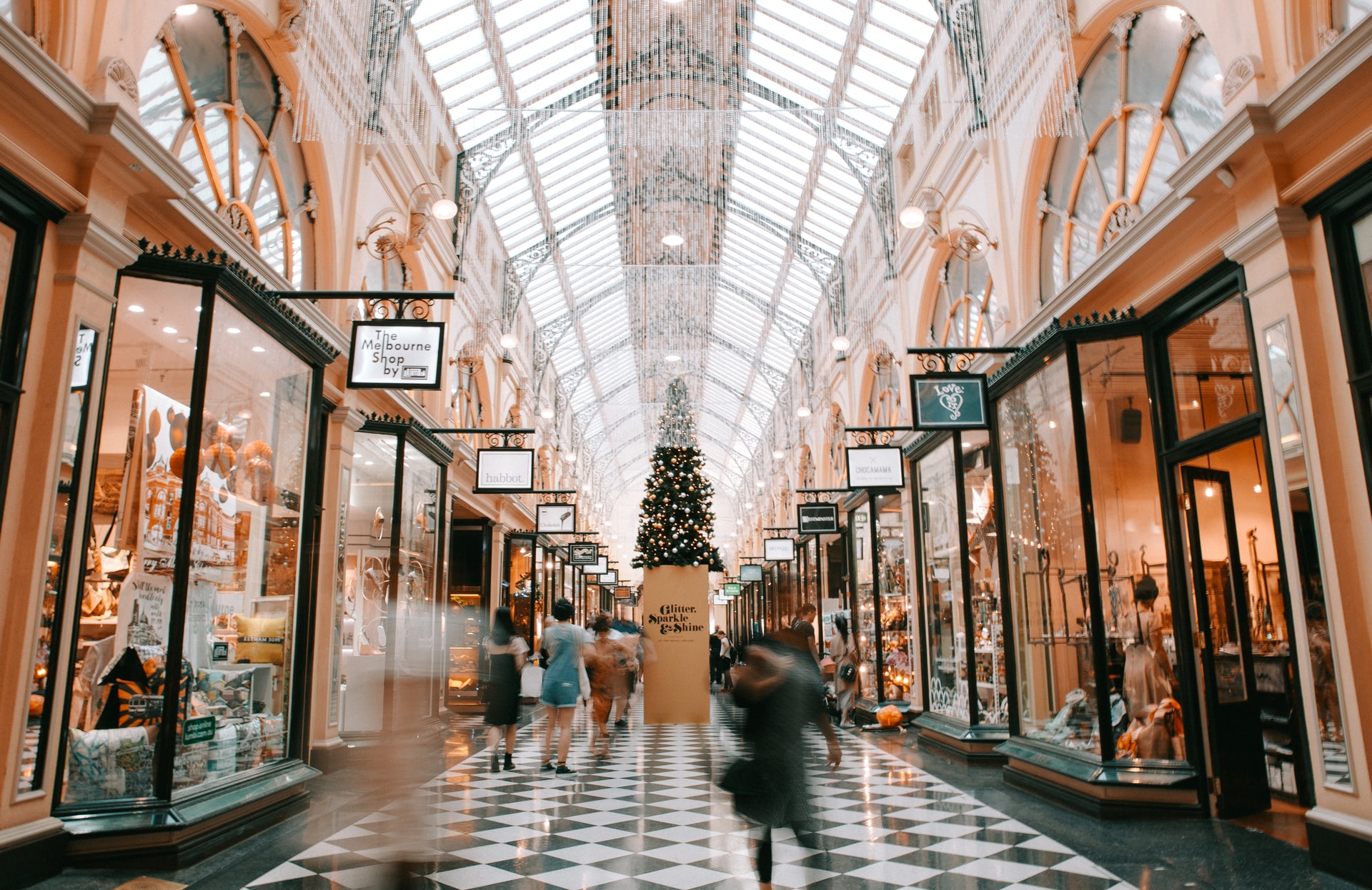What is Bopis: will Christmas shopping never be the same again?

The FT analysis explains the phenomenon of Bopis, or "Buy online, pickup in-store" (Buy online and collect in-store) which is back in vogue, with some differences, between retailers and consumers
In New York's Flushing neighborhood, the Macy's department store counter that allows online shoppers to collect their orders instead of waiting for delivery is generally busy. But it is even more so now, as consumers, disappointed by delivery delays during the past holiday season, fear chaos in the country's supply chains will lead to even worse delays this year.
Offering consumers the ability to order online and pick up in-store is nothing new: the likes of Circuit City and Sears launched the click and bricks integration 20 years ago. But the surge in online orders and the bottlenecks in the distribution network triggered by Covid-19 are now making it increasingly important for American retailers – writes the FT .
Nearly one in five online orders were picked up in stores in the first half of this year, up from 16.8 percent a year earlier, said Neil Saunders, CEO of GlobalData. Retailers are planning to offer the "buy online and collect in store" service – Bopis said in the industry jargon for Buy online, in-store pickup – in order to play an even more central role in the next peak season of the shopping.
Office Depot this month announced a service that promises in-store pickup within 20 minutes of a customer placing an order online. Best Buy has called this “reliable and safe” for those who buy electronic gifts from them, while Lowe's stores now offer contactless lockers to collect merchandise purchased online.
Last year, due to security concerns, consumers started shopping more and more online. This year, however, their internet shopping is driven more by convenience than health concerns, according to the Morning Consult survey.
After 18 months of in-store traffic being far below normal levels, convincing consumers to pick up merchandise "gives retailers a chance to woo consumers again and make them enjoy the shopping experience," he said. Melissa Minkow, head of retail at CI&T, a digital consulting firm.
Now buying online and picking up in-store is also proving more popular with shoppers worried that a shortage of trucks, drivers and other critical links in the supply chain will delay delivery of their gifts.
Retailers are expecting strong demand for this holiday, with Deloitte expecting sales to rise 7-9 percent above the 2020 level, to $ 1.3 billion. But supply chains are so tight that both retailers and consumers fear a repeat of the disruptions that led to many late orders last year.
"Delays are likely again this year," said Serkan Akturk, an assistant at Clemson University who has studied the phenomenon of in-store recall. “The option also offers customers a 'guarantee',” he added, “because it allows them to inspect the goods and return them immediately if they are not satisfied. And for the retailer it also offers the advantage that customers can purchase additional items while they are in the shop ”.
Chains like Walgreens have credited such “omnichannel” offers to drive their e-commerce sales. Rob Garf, general manager of retail at Salesforce, said retailers who offered in-store pickup last holiday season reported 63 percent higher digital sales in the five days before Christmas 2020 than they did. who haven't.
“Physical locations will serve as a critical component of digital strategies this holiday,” he said, noting that the store pick-up model saves retailers on shipping costs because “it essentially outsources the last mile to consumers. This is crucial because home delivery will be more expensive and slower this year – even more than in 2020 ”.
Retailers used to offer free shipping on online orders up to a week or 10 days before Christmas, but last year they started limiting it to Cyber Monday in late November, said Taylor Schreiner, director of Adobe Digital Insights, which predicted that rising last-way delivery costs would prompt retailers to discontinue their free shipping offers earlier this year, making in-store pickup more popular.
For retailers who do not yet have a store pickup service, however, launching one can be "quite expensive" and "surprisingly difficult to execute" due to a shortage of manpower and the necessary technology systems, said Marc Rousset, a partner. of Oliver Wyman's retail.
Thomas O'Hern, chief executive of Macerich, a real estate investment fund, echoed this message last month, telling analysts that smaller retailers who had tried to introduce withdrawal offers during the pandemic "have been a bit 'overwhelmed ”.
For larger chains, used to only being surpassed by online rivals like Amazon, however, the growth of pickup in stores has offered a rare advantage. With warehouse capacity at an all-time low, many are increasingly using their stores as distribution centers.
“This way retailers can simply take products off the shelf, as opposed to exclusive online shopping, where they distribute from a warehouse,” said David Naumann, who leads Verizon's marketing strategy for retail.
There are also some products that consumers don't want to wait a day or two for, added Adobe's Schreiner: "These are segments that you can't reach with an online store."
Amazon is also opening more and more stores of its own, and consultants like Bob Amster, director of the Retail Technology Group, argue that it is still difficult to quantify the market share that stores offering collection services are taking away from those who only sell online.
(Extract from the foreign press review by Epr Comunicazione)
This is a machine translation from Italian language of a post published on Start Magazine at the URL https://www.startmag.it/innovazione/cose-il-bopis-per-cui-lo-shopping-natalizio-non-sara-piu-lo-stesso-o-quasi/ on Sat, 30 Oct 2021 05:17:43 +0000.
